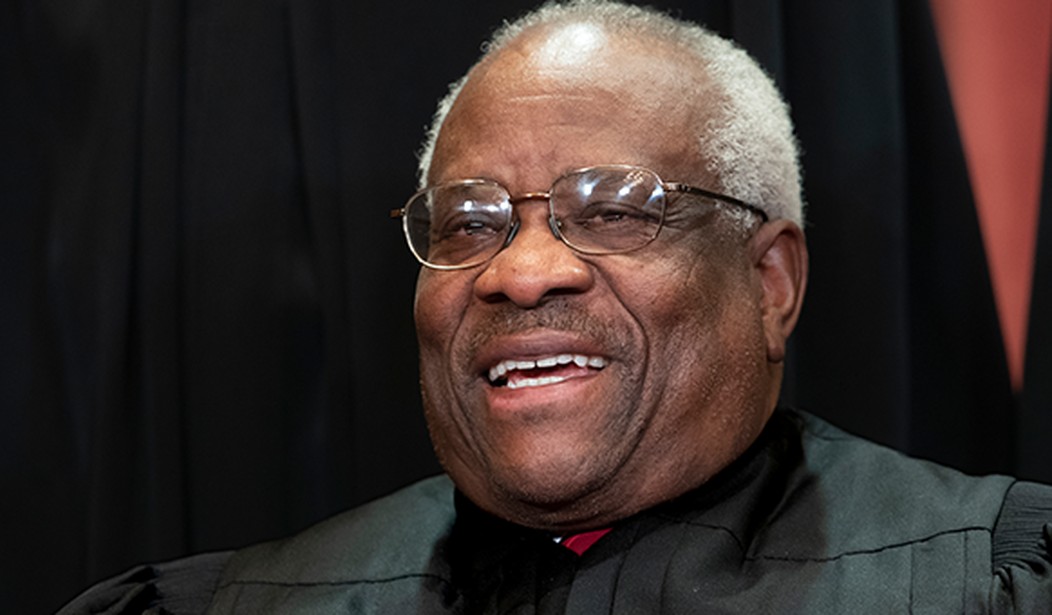The Supreme Court rejected appeals Monday from Louisiana and Kansas in their attempts to defund Planned Parenthood through their Medicaid programs.
The court was just shy of the fourth justice needed to take up the case as three conservative justices, Clarence Thomas, Samuel Alito and Neil Gorsuch, dissented from the decision. Chief Justice John Roberts and Justice Brett Kavanaugh sided with the liberal justices in the decision not to take up the case.
In a scathing dissent, Justice Clarence Thomas implied that the high court’s decision had to do with a desire to avoid the politically polarizing issue of abortion.
"What explains the court’s refusal to do its job here?" he wrote. "I suspect it has something to do with the fact that some respondents in these cases are named 'Planned Parenthood.' That makes the court’s decision particularly troubling, as the question presented has nothing to do with abortion."
Justice Thomas pointed out that while the dispute did arise over some of the organization’s practices related to abortion, the central issue had nothing to do with abortion.
“It is true that these particular cases arose after several States alleged that Planned Parenthood affiliates had, among other things, engaged in ‘the illegal sale of fetal organs’ and ‘fraudulent billing practices,’” he wrote. “But these cases are not about abortion rights. They are about private rights of action under the Medicaid Act.”
"Some tenuous connection to a politically fraught issue does not justify abdicating our judicial duty," he concluded. "If anything, neutrally applying the law is all the more important when political issues are in the background."
Recommended
Louisiana and Kansas attempted to cut off Medicaid funding to Planned Parenthood affiliates following the release of undercover videos in 2015 alleging that the group engaged in illegal trafficking in fetal tissue.
Planned Parenthood sued in federal court over the defunding attempt, claiming that the states were violating a Medicaid requirement that patients be free to seek healthcare from any qualified provider.
The lawsuit centered on the Medicaid Act’s “qualified provider” provision and whether it allows a challenge to a state’s determination that a provider is “not qualified.”
Thomas called the issue “important and recurring.” He wrote that, due to the court's inaction, "patients in different States—even patients with the same providers—have different rights to challenge their State’s provider decisions." He added that because the Supreme Court has denied review in this case, states continue to face potential federal lawsuits over changing medical service providers for a Medicaid recipient.
While Medicaid funding is not used for abortion, money is fungible and lawyers for the states also argued that they should not have to indirectly subsidize organizations that perform abortions.
Planned Parenthood’s lawsuit prevailed in lower courts and the Supreme Court’s refusal to hear the states’ petition means that those lower court rulings stand.

























Join the conversation as a VIP Member